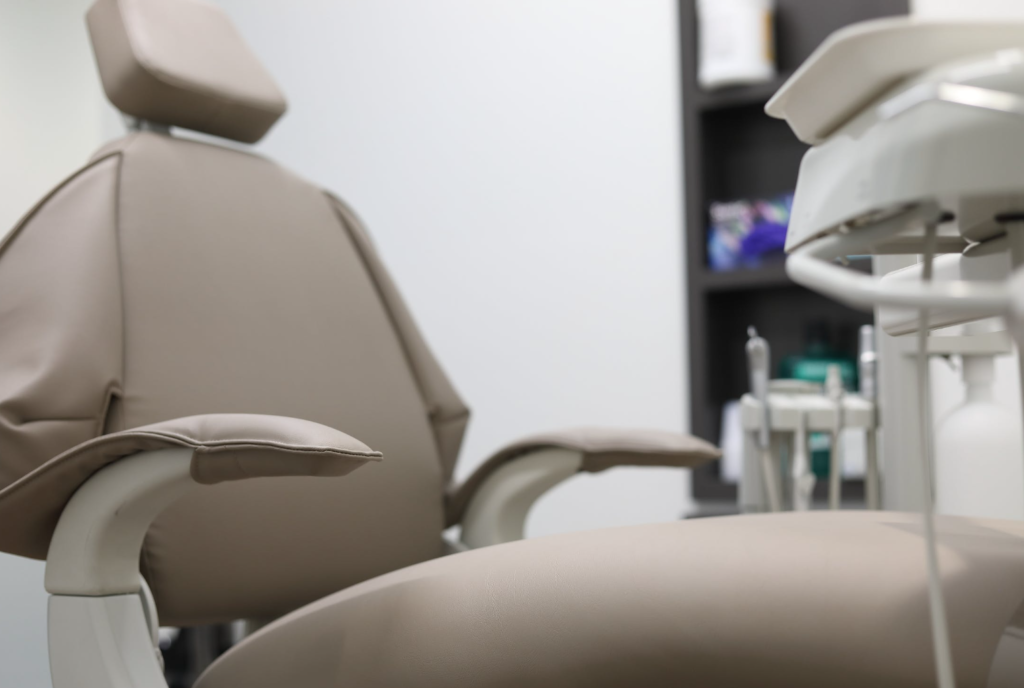Understanding Acute and Chronic Toothaches
Do you suffer from tooth pain? You are not the only one suffering from tooth pain. Millions of people experience tooth-related discomfort every single day. Unfortunately, not everyone can do something about it.
A toothache can cause discomfort in your daily life, affecting everything from chewing to general comfort. A toothache that isn’t treated promptly can become more serious.
To alleviate pain and treat root causes, it is possible to make an appointment with your dentist.
Are you experiencing chronic or acute toothache?
Acute Toothache
Acute pain is defined as a toothache that lasts for less than six months, and which only happens occasionally.
Although this type of tooth pain does not necessarily require professional treatment it is worth mentioning at your next appointment.
Chronic Toothache
You should seek immediate treatment if you have a persistent toothache for more than six months.
If your pain is severe or affects your daily life, it’s important to visit your dentist immediately.
What are the most common causes of toothaches?
Is there a temporary at-home solution for pain?
There are several at-home remedies that can temporarily relieve tooth pain. Apply a cold compress on the area around the tooth.
Salt water can be used to rinse your teeth. This will reduce inflammation and fight bacteria that may cause toothache.
You can take an over-the-counter medication if the discomfort persists.
Four Top Treatments for Dental Pain Relief
If you are experiencing severe tooth pain, it is a good idea to speak with your dentist. Although an acute toothache can be manageable at first, it is better to schedule an appointment to address any dental problem early.
Periodontal Treatment
Periodontal or gum disease can cause toothaches. It is important to get specialized treatment.
Root Canal
Root canal therapy is a treatment that can be used to treat or prevent tooth infection. It also permanently reduces tooth sensitivity. This procedure is often very beneficial for patients who feel able to eat and speak again with ease.
Extracting
We do our best to avoid tooth loss wherever possible. If a tooth is severely damaged or the decay has reached a level that makes it impossible to save, then extraction (tooth removal), may be required.
TMJ/Bruxism Treatment
Bruxism (or teeth grinding) can cause damage to the teeth and result in pain or toothaches. It can also strain the temporomandibular joints (TMJ), or make the affected teeth more sensitive.
TMJ/Bruxism treatment may involve relaxation techniques or occlusal adjustment depending on your individual condition. Customized Night Guards may also be used.
